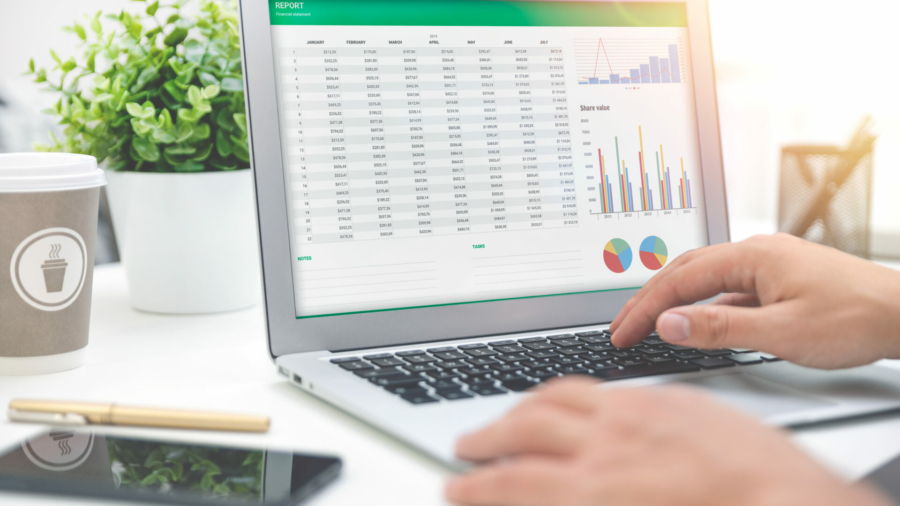In today’s data-driven world, businesses of all sizes can benefit from using statistics tools to analyze and interpret their data. These tools can provide valuable insights that help businesses make informed decisions and drive growth. In this article, we will explore some of the top business statistics tools that every organization should be using.
Microsoft Excel
Microsoft Excel is a widely used spreadsheet program that offers powerful statistical analysis capabilities. With functions such as AVERAGE, STDEV, and CORREL, Excel allows users to perform various statistical calculations and create visual representations of their data. Excel also supports data analysis add-ins like Solver and Data Analysis ToolPak, which provide additional statistical tools and features.
Google Analytics
Google Analytics is a web analytics service that provides businesses with valuable insights into their website traffic and user behavior. With Google Analytics, businesses can track key metrics such as page views, bounce rate, and conversion rate, and use this data to optimize their online presence and marketing strategies. Additionally, Google Analytics offers advanced features such as cohort analysis and custom reporting, making it a powerful tool for understanding customer behavior and optimizing online performance.
Tableau
Tableau is a data visualization tool that allows users to create interactive and dynamic dashboards and reports. With Tableau, businesses can visually explore and analyze their data, uncovering patterns and trends that may not be immediately apparent in raw data. Tableau’s drag-and-drop interface and robust visualization options make it easy for users to create compelling, insightful visualizations that can help drive decision-making and strategy.
R
R is a powerful open-source software and programming language for statistical computing and data analysis. With a vast library of packages and functions, R offers a wide range of statistical tools and techniques for data manipulation, modeling, and visualization. Its flexibility and extensibility make it a preferred tool for statisticians and data scientists who require advanced statistical analysis capabilities.
SAS
SAS (Statistical Analysis System) is a software suite used for advanced analytics, business intelligence, and data management. With its comprehensive set of statistical tools and techniques, SAS enables businesses to perform sophisticated data analysis, predictive modeling, and optimization. Its intuitive user interface and robust features make it a valuable tool for organizations that require advanced statistical capabilities.
In conclusion, the use of statistics tools is crucial for businesses looking to gain valuable insights from their data. Whether it be for basic statistical calculations or complex data analysis, having the right tools can make a significant difference in understanding and leveraging data to drive business success. By leveraging tools like Microsoft Excel, Google Analytics, Tableau, R, and SAS, organizations can make more informed decisions, optimize their operations, and ultimately achieve their business goals.

